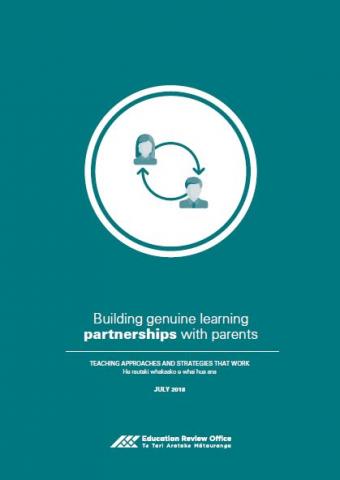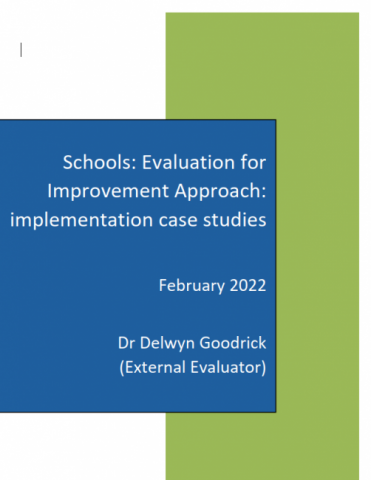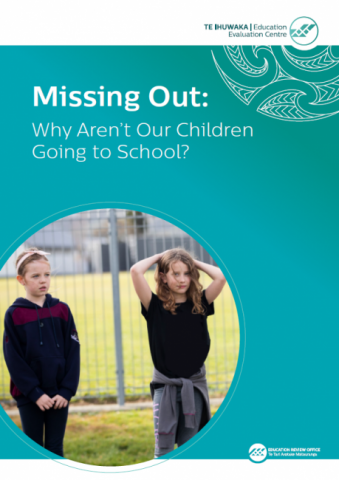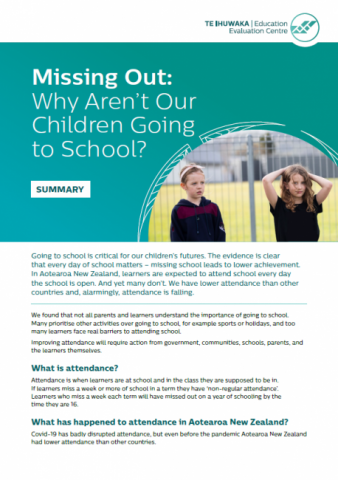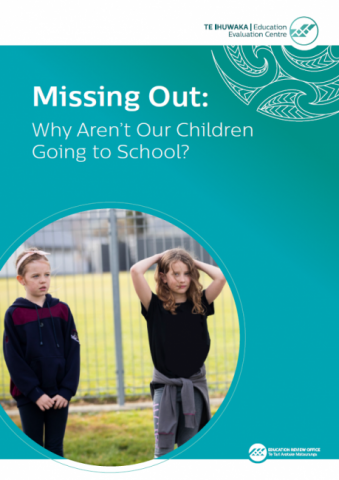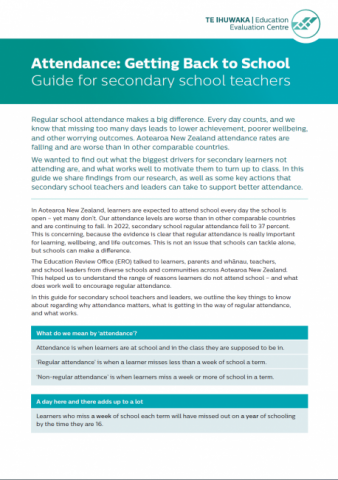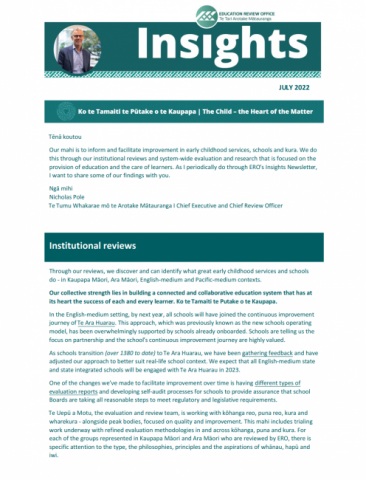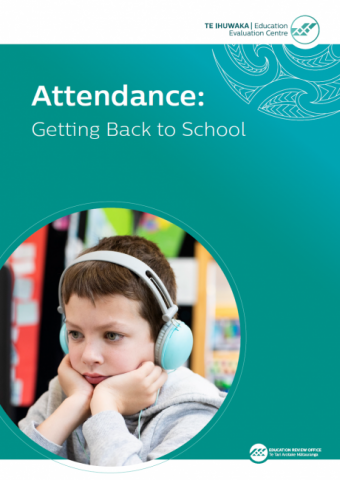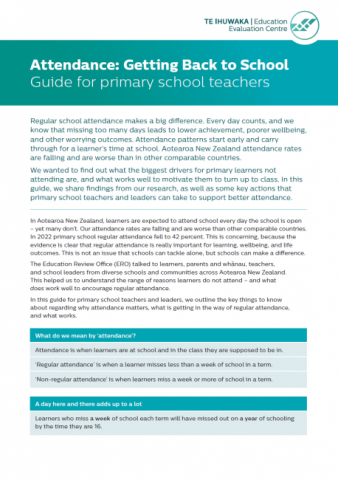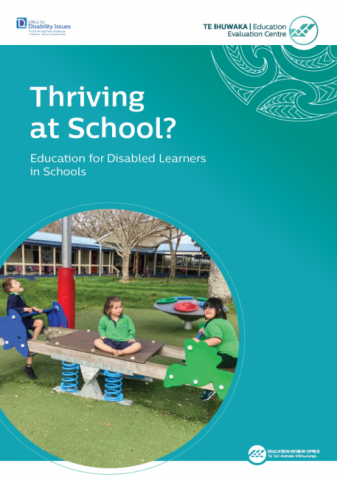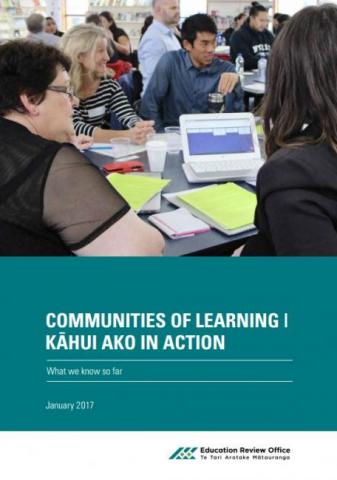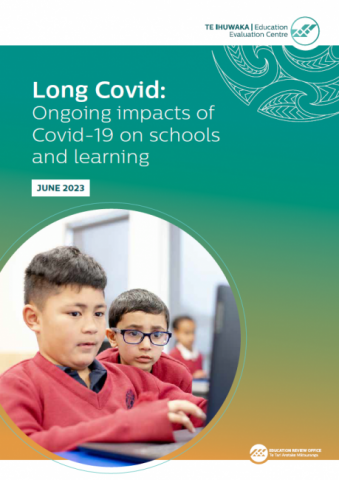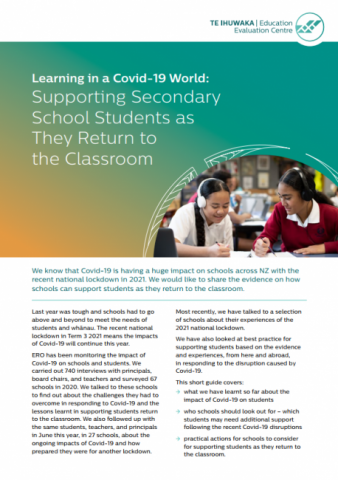Building genuine learning partnerships with parents
Published: 19 Jul 2018
This report shares strategies and approaches from schools that had contributed to improving achievement by developing genuine learning partnerships with parents. It also includes some simple strategies a few of the schools used to involve parents more in supporting the things children were learning at school.
- Audience:
- Parents
- Schools
- Content type:
- Research
